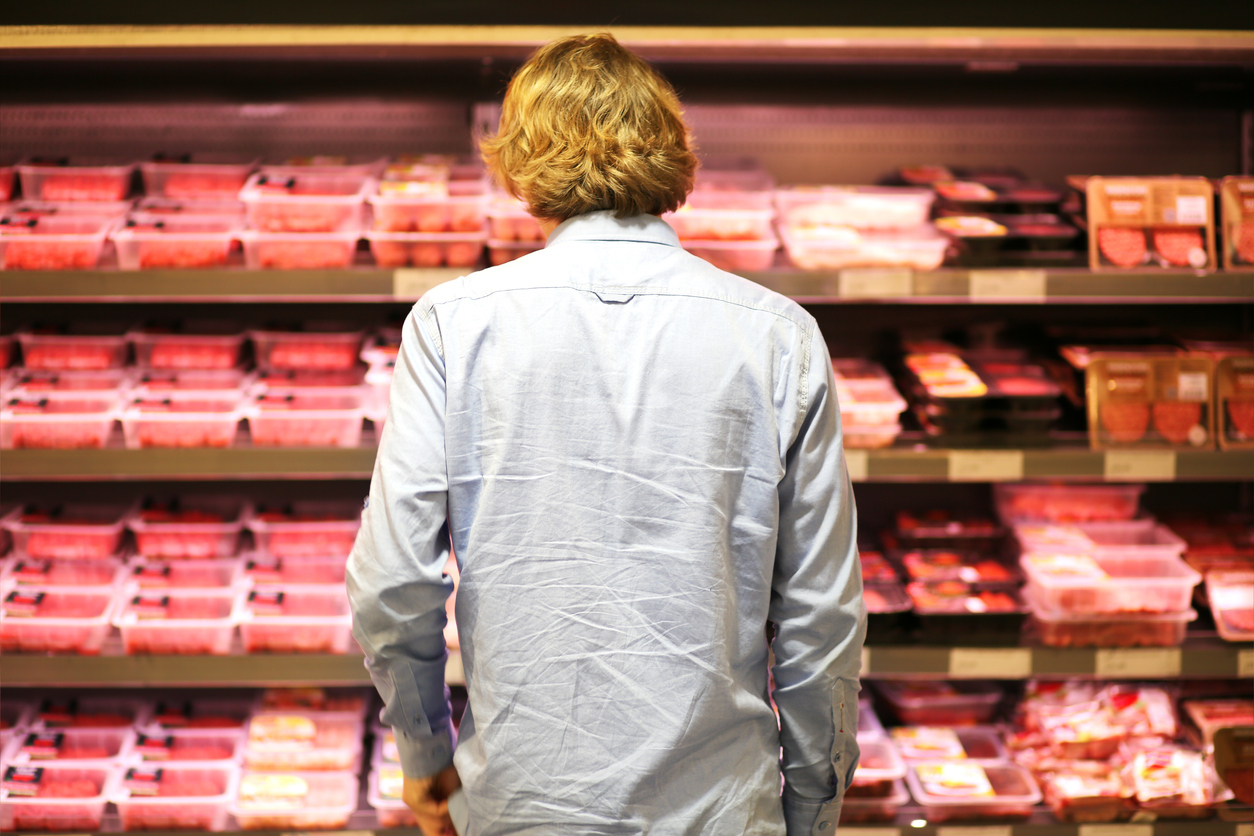Becoming irrelevant – Washington state’s government pushes for redundant regulation instead of effective stewardship
Becoming irrelevant – Washington state’s government pushes for redundant regulation instead of effective stewardship
The public is inundated by government bureaucracy and the environmental left campaigning for more regulatory oversight on farmers. Many who don’t work in agriculture are surprised to find that agriculture already has strong market incentives to meet high sustainability standards and offer products that meet consumer demand for practices that are considered environmentally friendly.
Through voluntary and private certification programs, agriculture already adapts to market forces that encourage environmental sustainability, strong labor practices, and safe food handling.
Certification programs go beyond what government can achieve, both in terms of oversight and innovation. Regulatory authority programs like Washington State Food Systems Roundtable (2012 – stemming from an Executive Order in 2010) and Washington’s Food Policy Forum (2015) are, unfortunately, costly and irrelevant. From state funds the Washington Food Policy Forum received $50,000 since its launch and the roundtable has spent six years drafting a plan.
Despite the time and money invested in these programs, both have little to show for their efforts. The reports issued by the Roundtable after six years of “study” outline multiple benchmarks for Washington agriculture to meet – benchmarks farmers and private businesses are already achieving.
Voluntary certification programs put the cost and time where it belongs – on the farmer not the taxpayer. Farmers wishing to stay relevant in a market where consumers are increasingly more aware and concerned for the origin and impact of their food must adopt new practices and certification programs. Consumers then receive a product that is certified to meet their new and diverse demands.
Regulatory oversight often creates burdensome and outdated regulation that fails to meet consumer demands and makes it difficult for farmers to voluntarily adopt better practices.
Various programs exist through private retailers, agricultural associations, and third party groups. These programs are more stringent, more targeted and more effective in protecting the environment, establishing safe labor practices, and providing desired food product.
G.A.P. stands for Good Agricultural Practice and is a worldwide standard for farmers. Stemming from a program created to meet the difficult demands of the European market, the objective of the organization is to create a safe and sustainable agricultural industry. This has become the global standard that many other certification programs are harmonizing with.
Today it “is the world’s leading farm assurance program, translating consumer requirements into Good Agricultural Practice.” The certification process includes: food safety and traceability, environment, workers’ health, safety and welfare, and animal welfare. The standards are enforced through regular, independent audits.
Costco Addendum to GLOBALG.A.P
Taking a cue from customers, Costco requires all suppliers to be subject to additional requirements through GLOBALG.A.P. This addendum includes additional audits, fees and paperwork to bring a safe, environmentally friendly, and labor conscience food to Costco stores. It is a perfect example of an effective and free-market approach where the retailer responds to market demands for a product that responds to consumer demand.
A regional program for the Pacific Northwest, Salmon-Safe “works to keep our urban and agricultural watersheds clean enough for native salmon to spawn and thrive.” Since 1997, the program has been certifying farms, vineyards, urban development, and college campuses. The 501(c)(3) overseeing the certification program calls the voluntary certification a “market-based conservation [program] benefiting West Coast watersheds.”
Programs like Salmon-Safe are able to make an effective difference that government bureaucracy, because it is less flexible, nimble and responsive, simply could not achieve. Across the region over 95,000 acres of land are certified and the products are distributed in 300 supermarkets and natural food stores.
State government programs like Department of Ecology’s Fish Consumption Rules and the soon to be released Best Management Practices redundant – and often needlessly costly – when private, voluntary programs already exist.
A Washington example, Farmed Smart takes advantage of the existing technology and research that allows for sustainable agricultural practices in non-irrigated areas. Focused on promoting sustainability through improved environmental stewardship the program encourages practices that promote healthy soil and improved air and water quality.
Farmed Smart incentivizes farmers by working towards building financial benefits in the market place with rebates and premiums. The program also assists farms with regulatory compliance and is a proactive approach in dealing with the myriad and confusing network of regulations that Washington farmers experience.
This program has been extremely effective in improving and rewarding conservation practices compared to the regulatory approach. Forty-four farms are certified under this program – protecting 20 miles of streams and 110,000 acres of cropland.
Farmed Smart Executive Director, Kay Meyer said, “Farmers volunteer to adopt all of these practices because of the existing partnerships and market incentives. It has been more effective and better than a regulatory, reactive approach. Partnering with stakeholders and developing markets that care about sustainability helps pull the best management practices through the distribution channel.”
Voluntary certification programs and food retailers demand a high level of stewardship from their suppliers. When government bureaucracy adds excessive and costly regulations to an already functioning market it only burdens the taxpayer and delays additional progress towards sustainable foods systems, without recognizing or addressing those impacts to farms. Voluntary programs recognize the value of high standards and the need to pay for those high standards and support farmers who meet them. A Farmed Smart stakeholder summed it up nicely, “It’s like a piece of yarn – it is easier to pull it through a hole versus push it.”





